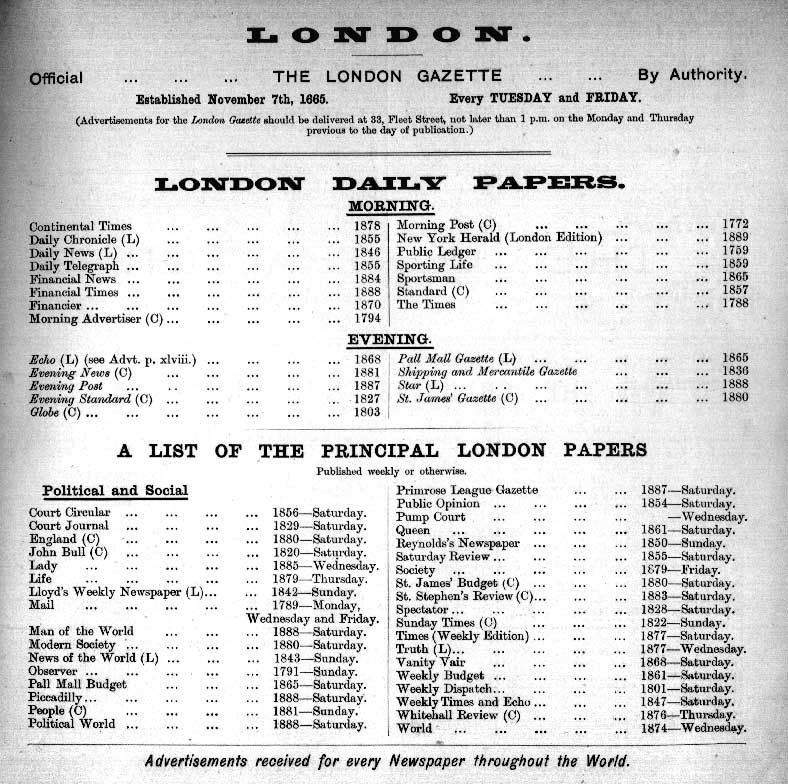Originally posted by Abby Normal
View Post

Seriously, everybody, at one time or another thinks they recognize someone from a brief glimpse in a crowd. Or the driver in a passing car, or a passenger on a bus as it passed, and don't tell me you haven't.
These markets were busy places, seeing a man disappear through the crowds wearing an Astrachan coat, same hat?, and possibly spats, maybe it was him, maybe not, he's not sure. Why?
Because he did not get a full view of him face-on, it can be as simple as that.
Why make more of it than it was?





Comment